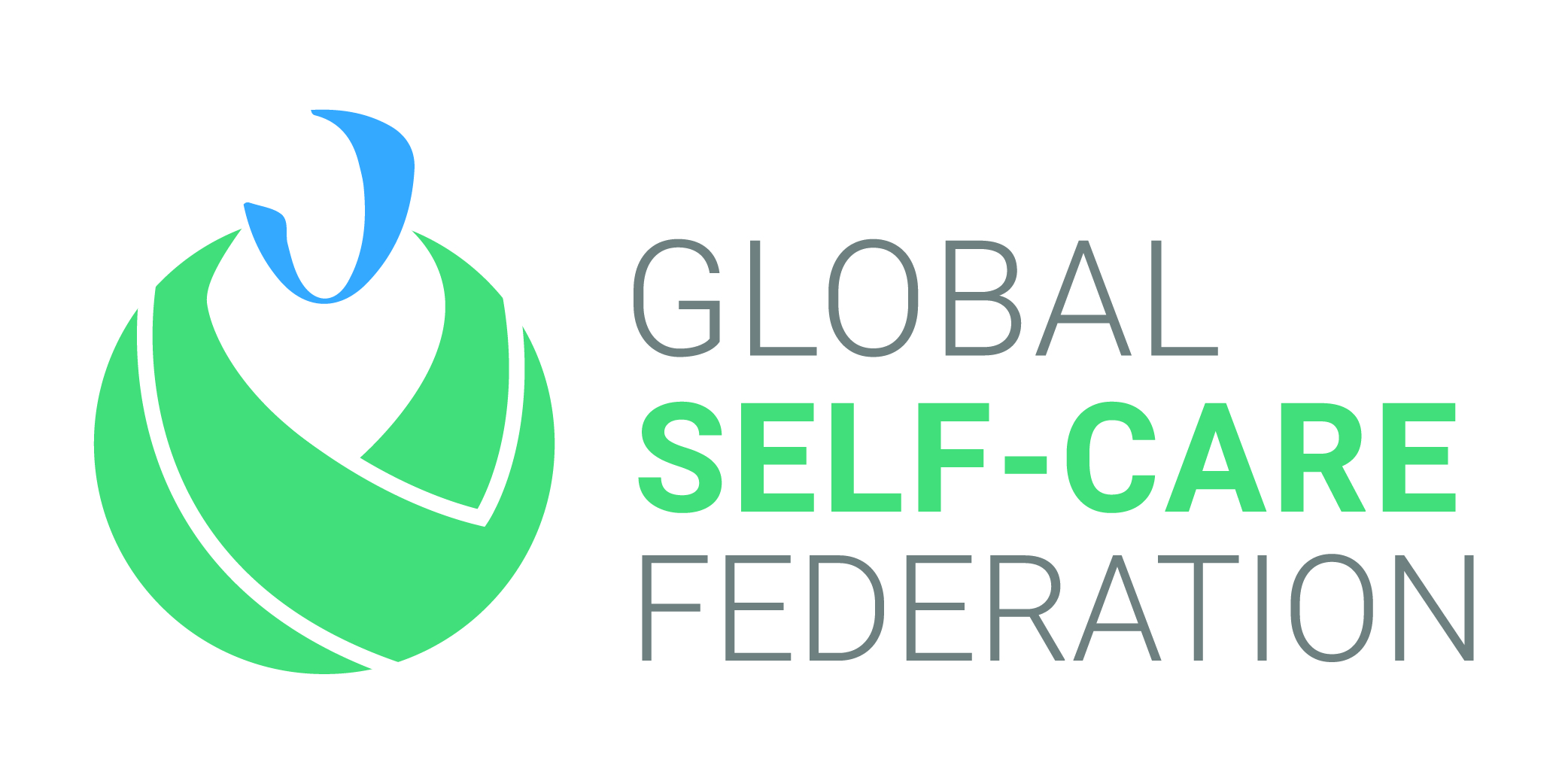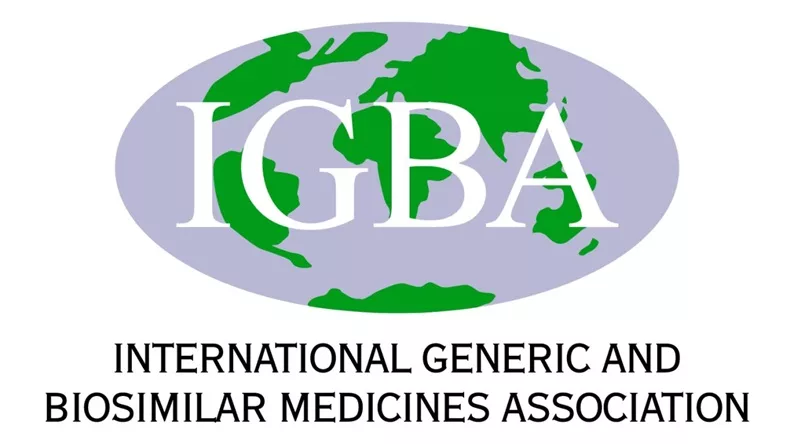INC-5 opening statement: Health industry support for a plastics instrument
On 25 November in Busan, South Korea, IFPMA, GSCF, and IGBA submitted a joint opening statement at the fifth session of the Intergovernmental Negotiating Committee (INC-5) for an international instrument to end plastics pollution.
We support a UN instrument to end plastic pollution through a harmonized, global approach that prioritizes patient safety and safeguards access to medicinal and medical products.
Our member companies recognize the role they play both in relation to human health and environmental protection, including the effects of plastic pollution.
It is important to recognize that plastics play an essential part in public health by enabling the availability of safe, effective, and quality-assured medicines for patients around the world.
The greatest potential impact of the instrument will be for medicinal products where plastic packaging (primary packaging) or a device made from plastic is in direct contact with a medicinal product, or on plastic products used in the manufacturing process.
There are specific considerations for the health industry due to the stringent regulatory rules that are applied to ensure that materials meet rigorous quality, safety, and efficacy standards to protect patient health. Changes require time and resources, from industry and from national regulatory agencies, to be implemented. Testing and validation of innovative packaging material can take up to 5-10 years to complete.
We believe it is possible to achieve a treaty that protects both the environment and human health, through harmonized, targeted extended compliance periods; in line with regulatory standards and timelines; and through limited exemptions where no feasible and safe alternatives exist at sufficient quality and scale. It will be critical to include such provisions in both the instrument and the annexes, as required. This will provide the approach needed to transition while new or alternative materials, processes, and formulations are established in collaboration with regulatory authorities.
Companies are already engaged in a number of initiatives, including integrating bio-based packaging materials, sustainable packaging, and blister pack materials; combining efforts through trade associations; and working with other health sector actors on take-back and recycling schemes.
Addressing plastic pollution, particularly within the health industry, requires a collaborative approach. The health sector comprises multiple stakeholders, including hospitals, clinics, medical device- and consumer healthcare manufacturers, pharmaceutical companies, and public health services, each relying on plastics for different purposes. This diversity underscores the need for solutions that are tailored to the varying roles, responsibilities, and regulatory standards across the sector, including areas where regulatory standards and environmental regulations intersect.
Together, we can make significant strides in reducing plastic pollution and protecting both public health and the environment.
a joint statement BY:


About IFPMA
IFPMA represents the innovative pharmaceutical industry at the international level, engaging in official relations with the United Nations and multilateral organizations. Our vision is to ensure that scientific progress translates into the next generation of medicines and vaccines that deliver a healthier future for people everywhere.
ifpma.org
To achieve this, we act as a trusted partner, bringing our members' expertise to champion pharmaceutical innovation, drive policy that supports the research, development, and delivery of health technologies, and create sustainable solutions that advance global health.



